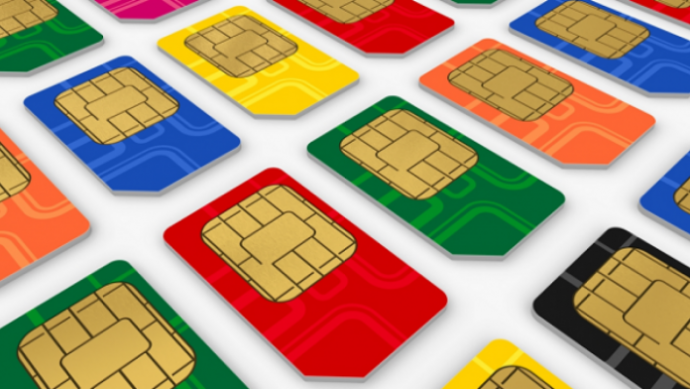Despite the fragile state of the Nigerian economy, airtime has become one of those essential commodities that Nigerian’s have to spend money on regularly. This is because in the center of connectivity in the country, cell phones, data and call time have become very important to power the socio-economic needs of Nigerians.
Being the 22nd-largest consumer market of the world with a household final consumption expenditure of about 330,043 million dollars, it is expected that consumer products that meet the direct needs of the people should become a profit center which explains why the telecommunication companies in the country are banking big.
ALSO READ: THE SOFTWARE THAT RESCUES AND REHABILITATES HUMAN TRAFFICKING VICTIMS
Also, Figures show that mobiles are at the center of Nigerians consumers’ behavior. Currently, Nigeria has about 173.63 million subscribers according Nigerian Communications commission (NCC). Also, Nigeria ranks eighth in the world by number of mobile phones in use.
Why and how mobiles are important now
Cell phones have become a necessity for many people throughout the country. The ability to keep in touch with family, business associates, and access to email are only a few of the reasons for the increasing importance of cell phones and data. Today’s technically advanced cell phones are capable of not only receiving and placing phone calls, but storing data, taking pictures, and they help users to stay connected through social media platforms such as Facebook, whatsapp, and the likes.
In the past, Good reception was a major problem and in general, early cell phones could be used in certain locations only. But as technology advanced, the difficult in using them became less of a problem such that major cities and towns in the country have strong networks due to the use of satellites and wireless services. This advancement has greatly improved the way Nigerians live, communicate and do business.
ALSO READ: MAMA K’S TEAM 4: FIRST AFRICAN ANIMATION SERIES ON NETFLIX
 Some of the blessings of mobile communication in Nigeria have been directly or indirectly felt on the populace, the corporate world, business world, and the society at large. Job creation and employment is one of the good things that GSM brought as it provided many Nigerians with jobs. According to a research by the Global System for Mobile Association, the GSM industry has created over 500,000 jobs for Nigerians.
Some of the blessings of mobile communication in Nigeria have been directly or indirectly felt on the populace, the corporate world, business world, and the society at large. Job creation and employment is one of the good things that GSM brought as it provided many Nigerians with jobs. According to a research by the Global System for Mobile Association, the GSM industry has created over 500,000 jobs for Nigerians.
In terms of revenue generation, we can see rise in startups such as topupgenie, topupnigeria and other web enabled data and airtime vendors who are making good money by helping mobile users to recharge their phones with ease. And even banks have ventured into this line of trade by providing dial and recharge opportunities to their customers as well.
How the service providers are banking huge
Data released by the Nigerian Communication Commission (NCC) shows that Nigerians spent about N767.23bn or $2.1b on airtime purchase from last quarter of 2018 to the first quarter of 2019.
According to NCC, the monthly subscriber for 2018 showed that about 168.73 million Nigerians were subscribed to the 4 major networks in the country as at November 2018 and this eventually rose to 173.63 million subscribers as at January 2019.
The figure went ahead to reveal that Nigerians spend an average of $4.87 (N1490.22) per month on airtime with the networks which amounted to N251.44bn, N257.04bn, and N258.74bn for November 2018, December 2018, and January 2019 respectively.
It has been previously predicted by Ovum, a market research firm, that spending on traditional communication services will decline by over 35% in the next 10 years due to increase in other communication apps such as whatsapp, Facebook messenger, skyp, etc. as they offer cheaper options for consumers.
However, this prediction could be one of things leading the massive revenue increase for the companies as they keep investing massively in their networks while massively driving the sale of data.
Last year alone, MTN raised over 200bn from Nigerian banks mainly to drive Internet expansion and rural telecoms devices.
With this kind of investment on the part of the telecommunication companies, I think the rising trend on airtime expenditure of an average Nigerian will keep rising and so will the revenue of any company that provides telecom related services in the country.





